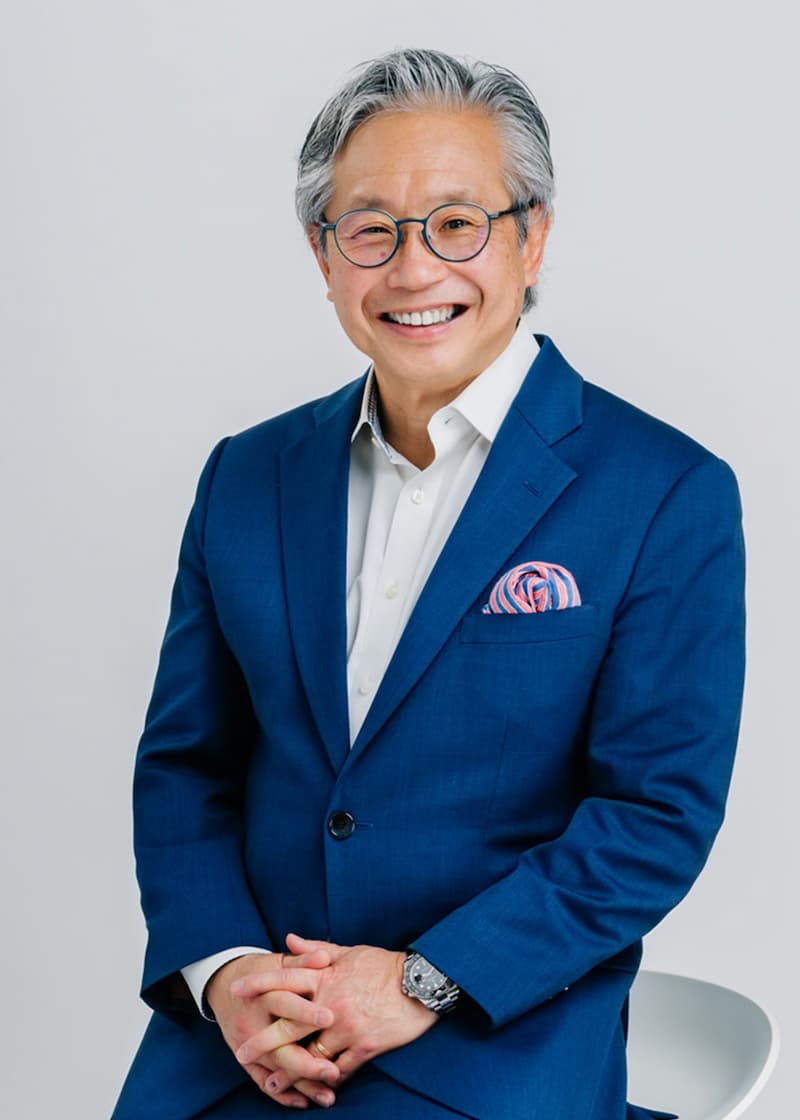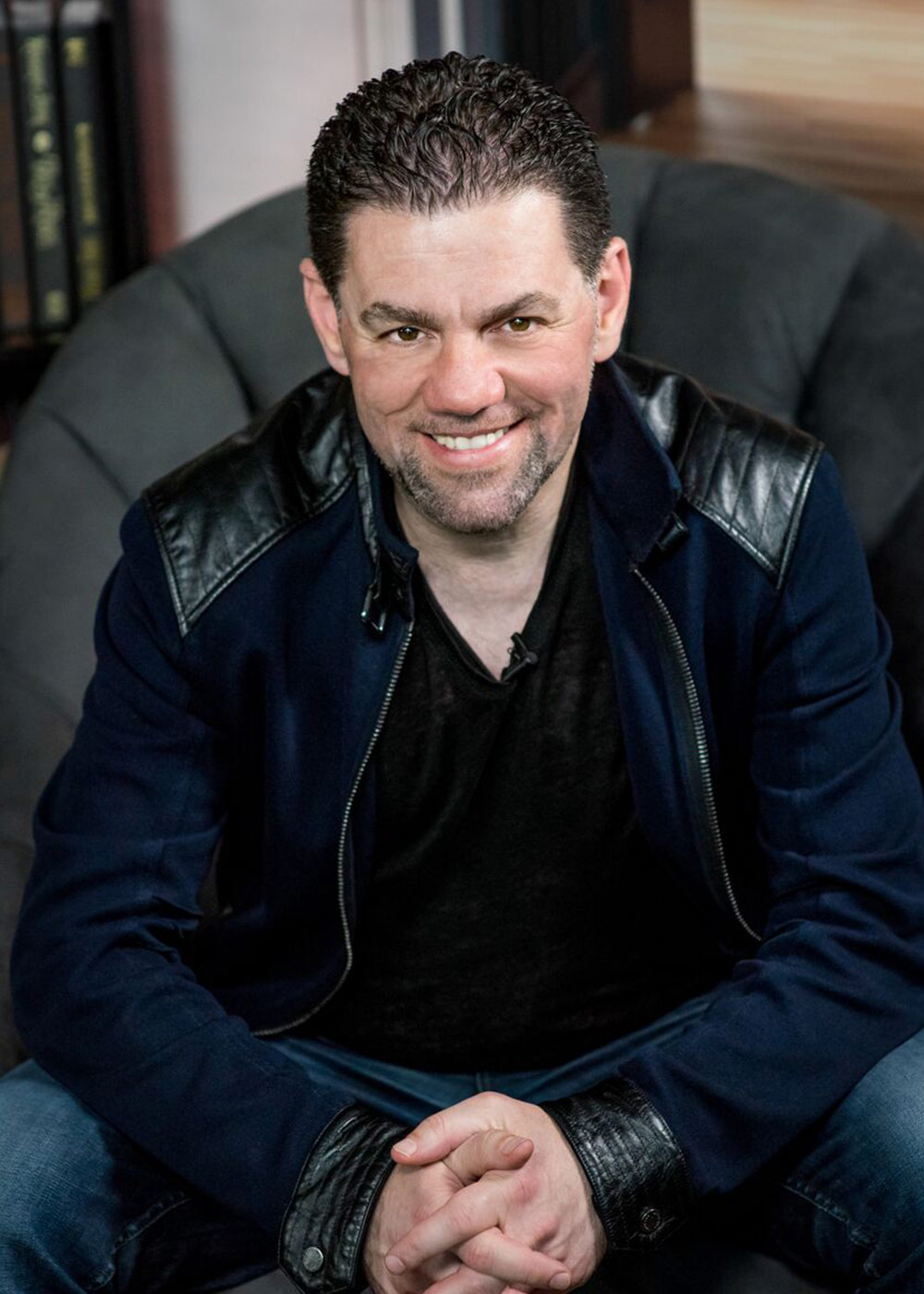I think there is a bit of a generational change happening, with younger leaders more engaged in issues. But I would be careful about just assuming that it’s all going to change, because there's going to be conflicting interests and pressures that curtail that. For instance, I wouldn't call someone like Elon Musk an old fart, right? But leaders like him are still embodying a vision of for-profit business where the expectation is workers are going to give it all on demand under the unquestioned authority of their leaders. He does that because he's motivated to make as much profit as he can, and he's been very successful at that. Now, he's a stereotype, but there are a lot of young managers and leaders out there who still ruthlessly behave that way. And there's elements of our economic system that reinforce and reward that type of behaviour.
“I am optimistic and I recognize the positive change that has occurred, but I'm not assuming that as time goes by, we're just going to progressively get better and better at these things. Those changes occurred because people demanded them and resisted old fashioned or unfair ways of leading and managing organizations.”

Economist and Director, Centre for Future Work
Leadership beyond 2023
Being a leader of the future is going to require specific—and in some cases, new—capabilities.

Convening power
“For me, leadership is about combining a vision of something you think can be done, that other people haven’t been able to envision, and then figuring out who you need to bring together to actually make it happen.
“My sense of leadership isn’t hierarchical. It’s kind of a corny concept, but I like to think of it as centreship, as opposed to leadership. How can I surround myself with people who agree with what I am trying to do? How can I bring people around me to collectively move forward, instead of standing out in front and dragging people along? That’s what’s worked for me when we were working to phase out coal plants in Ontario, and when we were creating the Greenbelt. It’s really gratifying when it works.”

Sales (yes, sales) prowess
“It took me a while to realize this, but I think the primary responsibility of a leader today is sales. I’m not talking about selling to customers, though if you’re running a business, you need that, of course.
“ You need to sell your mission to your team, to get them inspired to do the work and further your cause. You also have to sell your vision to your investors and your potential future partners so you have the cash runway to lead the company in the long term. And finally—and I think people forget about this—you need to sell your cause to yourself, sometimes on a daily basis. Running a business is really hard, and there are so many ups and downs. I think it’s important to ground yourself and remind yourself why you're doing what you're doing so you can get through those hard times.”

Humility
“We need leaders with humility. Humility is about seeking first to understand before being understood. Humility is about listening and asking the right questions. Humility is about learning from others: consumers, employees, stakeholders, experts. Humility is about finding options and alternatives, and not gravitating only towards one answer. Humility is about arriving at solutions after having deciphered the data.
“Make no mistake, humility doesn't mean meekness. Humility doesn't mean indecisiveness. Humility doesn't mean a lack of clarity. In fact, it's quite the opposite.
“In my mind, when you exercise humility is when you really can make bold decisions. You can be very decisive, and you can have a very clear vision in terms of where you want to take the organization.”

Honesty
“It might be my culture or my upbringing, but I've always felt you build relationships with people by being honest and transparent. It was probably a barrier for me early on, because a lot of people view authenticity and vulnerability as being a weakness. But I’ve always actually thought of it as a strength: I'm comfortable enough in my own skin to share with you what my challenges are, and, more importantly, how I overcome those challenges, because I think that's where people learn, rather than making it seem like it's easy. If I were to say it was an easy ride to get to where I am today, I don't think that serves anybody in any way.
“So, I've always been true to that, but as you go up in an organization, you have to adapt and figure out very quickly whether it is a good time to share that kind of thing. I was always vulnerable with my team, but not always with my peer group, depending on what the culture or the tone was. But now that I'm setting the tone from the top, that's what I encouraged my leaders to do.”

The “soft” stuff
“ Good leadership no longer depends on technical skills—those skills are the gateway to enter, you have to have them just to be considered for any management or leadership position. The focus has shifted to what we used to call soft skills.
“Leaders now need exceptional communication skills to effectively communicate their thoughts and ideas to a wide array of people. They need to be able to be part of a team, to work genuinely with a group of people who may have different backgrounds and perhaps somewhat different values. They also must understand that being a good teammate sometimes means acknowledging that in some situations, their skills won’t be needed. They need strong emotional intelligence. And they need an excellent sense of the global environment and the role they play in that environment; overarching North American and Western perspectives need to be informed by other global regions to move forward. These are the fundamental skills we need now.”
Today's leaders redefine business
Times of great upheaval are challenging, yes: But they also create opportunities to adapt and develop new models of doing business. Mohamad Fakih, Founder and President of Paramount Fine Foods, is a longtime advocate for businesses to contribute to the health and vitality of their communities. As we look towards the future, he makes the business case for what he believes to be a kinder form of capitalism.
Explore Another Chapter
This is business now
The world is facing some big problems. How do these issues affect businesses? And what’s their role in creating solutions?
Learn MoreIt's a hard time to be in business
Not only must leaders understand the scope of problems not traditionally in the purview of commerce, they must be prepared for their organizations to play active roles in solving them.
UnderstandHow to contribute with impact
It’s now extremely important—strategically and practically—for business organizations to get involved in causes. But it’s rarely as straightforward as it might seem.
InvestigateWhy silence isn't an option
When something big happens, people want to know what business leaders have to say about it. Sometimes that’s an easy call. But often it’s not.
ExploreWhat tomorrow's leaders need
The redefinition of commerce and the roles of the people who lead it carries tremendous promise of a brighter, greener, fairer future.
DiscoverWho is the leader of the future?
Expectations facing leaders change with the times. Agile, authentic, dependable—what should the leader of the future be?
Have Your Say
 Fresh ideas from Smith School of Business
Fresh ideas from Smith School of Business Subscribe to the Newsletter
The Smith Business Insight newsletter offers you cutting-edge research, opinions, and advice from world-renowned experts — delivered straight to your inbox.



